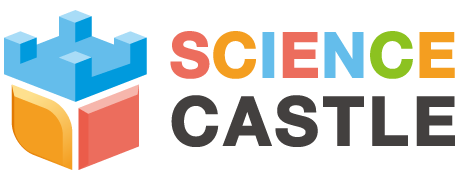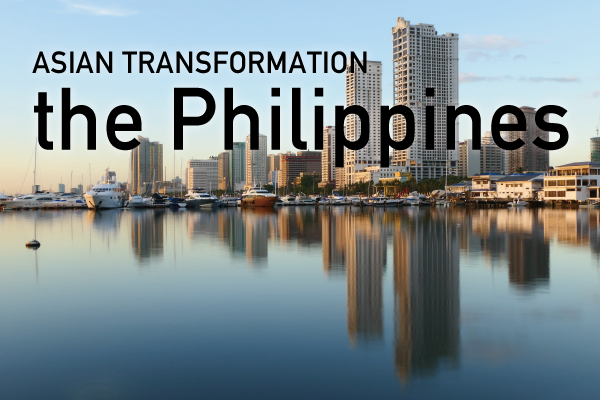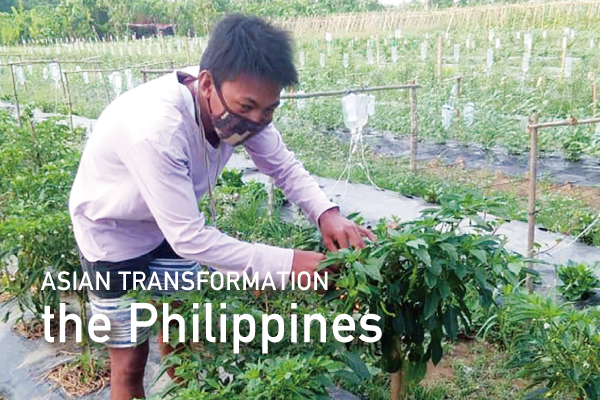- Information for Teachers
Special Feature] 2) The Shape of Entrepreneurship in the Philippines
2021.07.13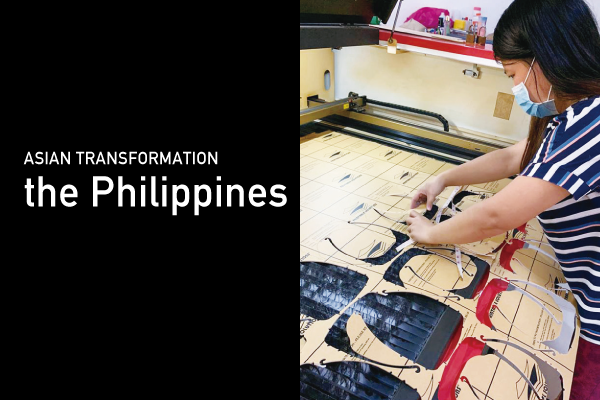
In Japan, there are many major companies whose strength lies in science and technology. Many young people will go on to university, acquire a certain degree of specialization, and then find employment in these companies. On the other hand, the Philippines has few science- and technology-based companies, and employment opportunities are limited. In order to create new industries and jobs through science and technology, domestic researchers and engineers must play an active role. However, the best and brightest people who have studied science and technology and gained a lot of knowledge are now moving abroad in search of a better life and research environment. In the Philippines, this phenomenon known as "brain drain" is now becoming a problem.
Put a stop to the brain drain.
The Philippine government has embarked on various initiatives to address this issue. The Department of Science and Technology (DOST), through its Science Education Institute (SEI), is working to increase the number of science and technology personnel in the country. For example, scholarships and study-abroad assistance are provided to science and technology students, but in principle, recipients of such assistance are required to work in the Philippines for a certain period of time. In addition, the "Barrick Scientist Program" provides incentives to Filipino scientists working abroad to contribute to the development of science, technology, and industry in the country, and encourages them to return to their home countries. In other words, the program is designed to encourage the next generation of Filipino scientists to stay in the country or return to the Philippines. It is important for the future of Philippine industry to halt the brain drain and enhance the country's scientific and technological capabilities.
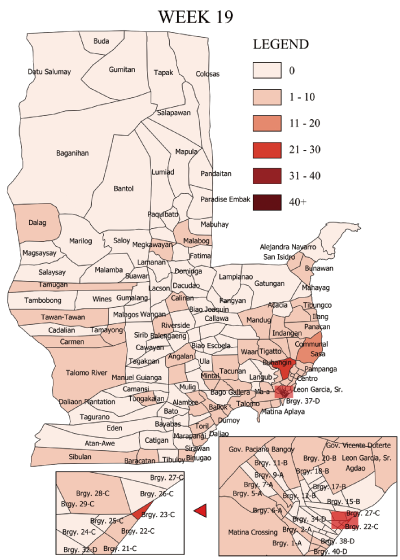
What the harsh environment fosters
Most students who take advantage of these aids are those who are willing to learn but have financial difficulties, and Dr. Josette Byo, director of DOST-SEI, noted that when the COVID-19 pandemic broke out, students who received assistance took certain initiatives. These included chemists using their knowledge to create and distribute alcohol, disinfectants, face shields, and other products to address supply shortages, and data scientists collecting and analyzing data on COVID-19 and providing it in a form that local governments could use. Many students receiving support used their networks to initiate many activities, which never enriched their own lives, and which all occurred spontaneously.
According to Ms. Byo, "Perhaps it is because of the harsh environment in which we were raised that we naturally look at the problems around us and develop a sense of trying to solve them. While many scholars have attested to the existence of such "inner leadership" during the COVID-19 pandemic, Biyo herself has also identified the roots of this phenomenon as "spontaneous volunteerism" (i.e., spontaneous help) and the expression of "the power of the mind. She herself described the basis of this phenomenon as "spontaneous volunteerism.
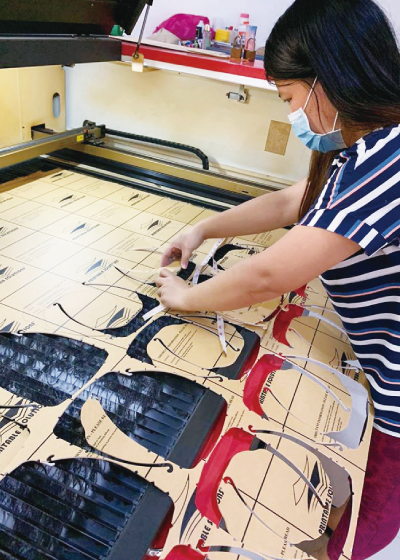
The Importance of "Science Entrepreneurship"
Creating new industries based on science and technology will require more than simply increasing the number of science and technology workers in the Philippines. Mr. Villot pointed out that one of the necessary measures is to enhance "science entrepreneurship. The Philippines has always been a country with a high level of entrepreneurial activity. In the face of the many challenges it faces on a daily basis, the desire to "do something about it" may manifest itself in the form of entrepreneurship. However, the Philippines lacks the knowledge, technology, and other resources to solve the challenges, so much so that it is unable to do much.
When science and technology personnel grasp the issues facing the Philippines and spontaneously begin to solve them, the creation of a sustainable mechanism through business means may be the essence of science entrepreneurship in the Philippines. In the development of human resources in science and technology, Mr. Villot believes that "it is very important not only to teach experimental methods, but also to see senior researchers developing various products and supplying them to society. Once the younger generation sees this potential, they too will be inspired to do the same in the future.
In Japan, many young people go on to university and even graduate school. But where will they put the knowledge and skills they have learned to use? In the Philippines, there may be sought-after knowledge, friends who wish to start their own businesses, and many business opportunities.
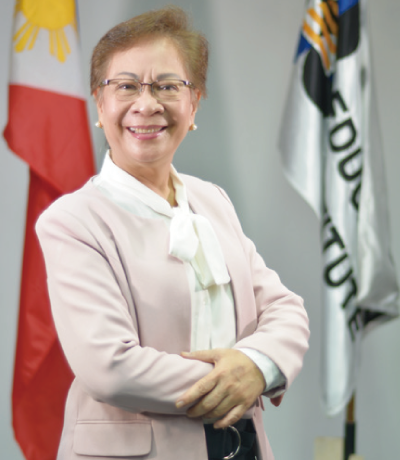
Josette T. Biyo,. PhD
Josette Biot. PhD
He is the Director of the Department of Science and Technology and Science Education Institute (DOSTSEI) and was a teacher at the Philippine High School of Science before joining DOST-SEI. He was the first Asian to receive the International Excellence in Teaching Award from Intel (formerly International Engineering and Science Fair) in 2002.
Related Articles
